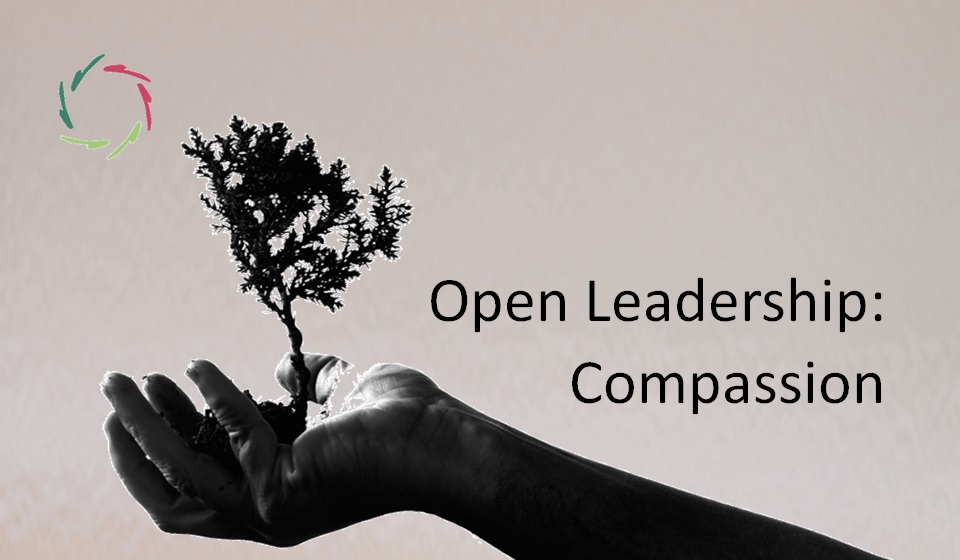Open Leadership: Compassion

Open Leadership is fully Compassionate, not in the sense of ‘pity,’ but in the Eastern (and, profoundly, also Western) meaning of empathy-beyond-the-conceptual.
Please read Compassion, Basically; Compassion = Empathy-Beyond
Compassion is the top level and the goal of the AURELIS project.
All other AURELIS levels are subordinate to this. Compassion is on top at the same time for efficiency and ethical reasons. For this combination, it seems like the only sensible option.
Of course, AURELIS is not the only project that fundamentally strives for Compassion. For instance, another tradition is a few millennia older.
Buddhism as a way of life
This is not about Buddhist gods, nor heaven, nor necessarily even a guy who proposedly lived some 24 centuries ago. ‘Buddha’ means ‘awakened’ ― this is: from a purely conceptual understanding of all things. There is more than what meets the conceptual eye ― no magic involved.
Deeply within this tradition, the being-awakened isn’t the most crucial aspect, which is Compassion. This brings us to the Compassion of Open Leadership. It’s not an invention out of thin air.
Open Leadership has emerged from this Eastern inspiration as well as Western ones, including science. Noteworthy, the ancient wisdom and modern conceptual science point to the same human-related insights.
Seriously
The above is no idle talk. Within the global Aurelisa project, the choice for Compassion is consistently held in every respect, including as the background for Open Leadership workshops ― more information at https://www.openleiderschap.com (English and Dutch). Here, it is brought as a competitive (bottom line) choice versus other takes on leadership.
The rationale is that by seriously going to the essence of the human being, people come to their most energetic source of motivation, inspiration, and action. If adequately supported, Inner Strength seems to be boundless and oriented toward doing good and doing well at the same time ― at a small scale as well as at the biggest.
Nothing can topple this.
Not easy
I would never contend this to be easily accomplished. There are many inner hurdles to take and many pitfalls to avoid. The most important one is probably the attachment of the ingenious mere-ego to its own image. See: The Story of Ego.
Moreover, mere-ego is pretty vulnerable and defensive. It finds many stories to convince one not to follow the path of Compassion. The challenge is to take these stories seriously enough, each time again, but not too seriously. This way, the stories are very helpful. Increasingly, one may discern in them the grand goal to benefit those who are ‘worth it.’ It’s like a grace given freely after much hard work. Nevertheless:
The path toward Open Leadership never ends.
Fortunately, there is much support available – and more to come – to make this journey fascinating and continually worthwhile.
If you are interested, please contact us at openleadership@aurelis.org.


